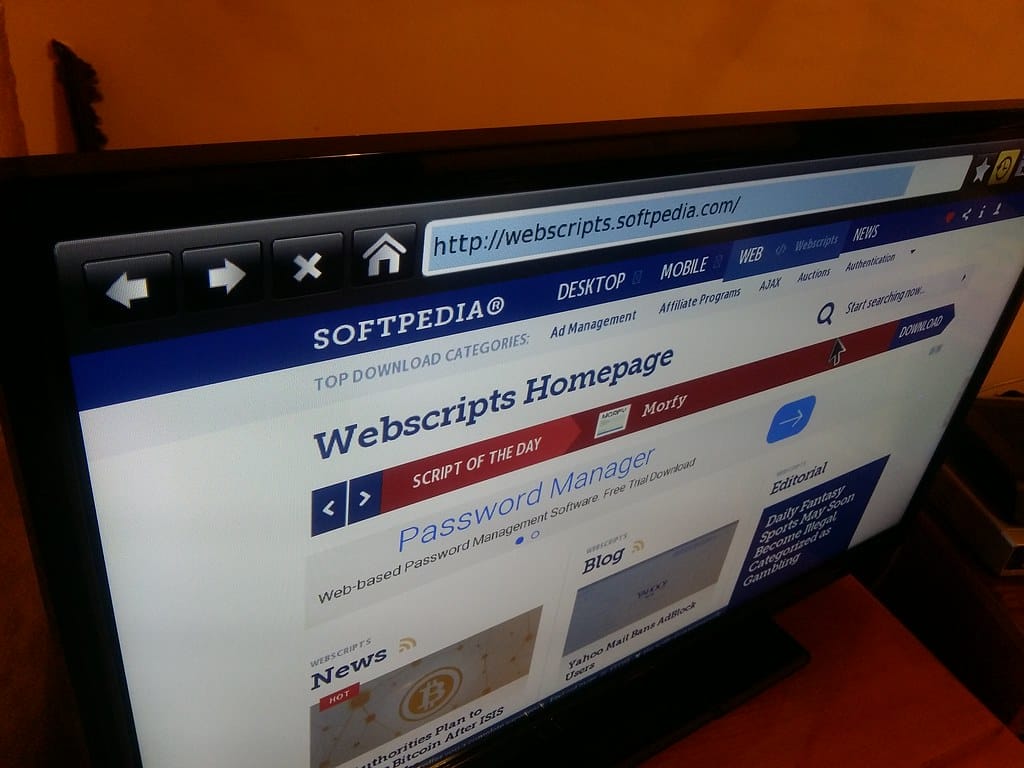Microsoft Copilot AI Lands on Samsung Screens: The Living Room Gets Smarter
Samsung has just announced a groundbreaking integration that brings Microsoft's Copilot AI assistant directly into its latest smart TVs and monitors, marking a significant shift in how we'll interact with our home entertainment systems. This partnership represents the first major deployment of advanced AI assistance in mainstream television hardware, potentially transforming the living room into a more intelligent, responsive environment.
A New Era of Smart Display Technology
The integration, unveiled at Samsung's recent developer conference, embeds Microsoft's Copilot technology directly into Samsung's Tizen operating system. This means users can now access AI-powered assistance without needing external devices or smartphone apps. The feature will initially roll out on Samsung's 2024 Neo QLED and OLED TV lineups, as well as select high-end monitor models.
Unlike basic voice commands that current smart TVs offer, Copilot integration promises more sophisticated interactions. Users can ask complex questions about content recommendations, get detailed explanations about shows or movies, and even receive personalized viewing suggestions based on their habits and preferences.
Beyond Simple Voice Commands
The Copilot integration goes far beyond traditional smart TV capabilities. Early demonstrations show users asking questions like "Find me a thriller movie similar to the one I watched last week, but shorter than two hours," and receiving tailored recommendations with detailed explanations of why each suggestion fits their criteria.
The AI can also provide real-time information about actors, plot summaries, and even historical context for documentaries—all without interrupting the viewing experience. For gaming enthusiasts using Samsung monitors, Copilot can offer strategy tips, explain game mechanics, or help troubleshoot technical issues.
According to Samsung's internal testing, users engage with AI-powered features 40% more frequently than traditional voice commands, suggesting a genuine improvement in utility and user experience.
Privacy and Performance Considerations
Samsung has addressed privacy concerns by implementing a hybrid approach to data processing. Basic commands are handled locally on the device, while more complex queries are sent to Microsoft's cloud servers through encrypted connections. Users can opt out of cloud processing entirely, though this limits the AI's capabilities significantly.
The integration requires minimal additional hardware—Samsung has added dedicated AI processing chips to handle local computations, ensuring response times remain under two seconds for most queries. The company reports that the AI features add less than $50 to manufacturing costs, suggesting the technology could become standard across mid-range models within two years.
Industry Implications and Competition
This partnership signals a broader trend toward AI-native home entertainment systems. Industry analysts predict that by 2026, over 60% of smart TVs will include some form of integrated AI assistant, as manufacturers compete to differentiate their products in an increasingly commoditized market.
LG has already announced plans to integrate Google's Bard technology into its 2025 TV lineup, while Sony is reportedly exploring partnerships with both OpenAI and Anthropic. The race to embed AI into everyday devices is accelerating, with the living room becoming a key battleground.
The Samsung-Microsoft partnership is particularly strategic, leveraging Microsoft's enterprise AI expertise and Samsung's consumer electronics dominance. For Microsoft, it represents a significant expansion of Copilot's reach beyond office environments into millions of homes worldwide.
What This Means for Consumers
For everyday users, this integration promises to make entertainment discovery more intuitive and personalized. Instead of scrolling through endless content libraries, viewers can describe their mood or preferences and receive curated suggestions. The AI can also help manage smart home devices, check calendars, and answer general questions—all from the comfort of the couch.
However, the success of this technology will ultimately depend on execution. Previous attempts at smart TV innovation have often fallen short due to clunky interfaces and limited functionality. Samsung and Microsoft will need to ensure the AI feels natural and genuinely useful, rather than a novelty that users abandon after initial experimentation.
Looking Ahead
The Samsung-Microsoft collaboration represents more than just another smart TV feature—it's a glimpse into a future where AI seamlessly integrates into our daily entertainment experiences. As these systems become more sophisticated and widespread, they could fundamentally change how we discover, consume, and interact with media content.
For now, consumers can expect to see these AI-powered Samsung displays in stores by early 2024, with broader rollouts planned throughout the year.
